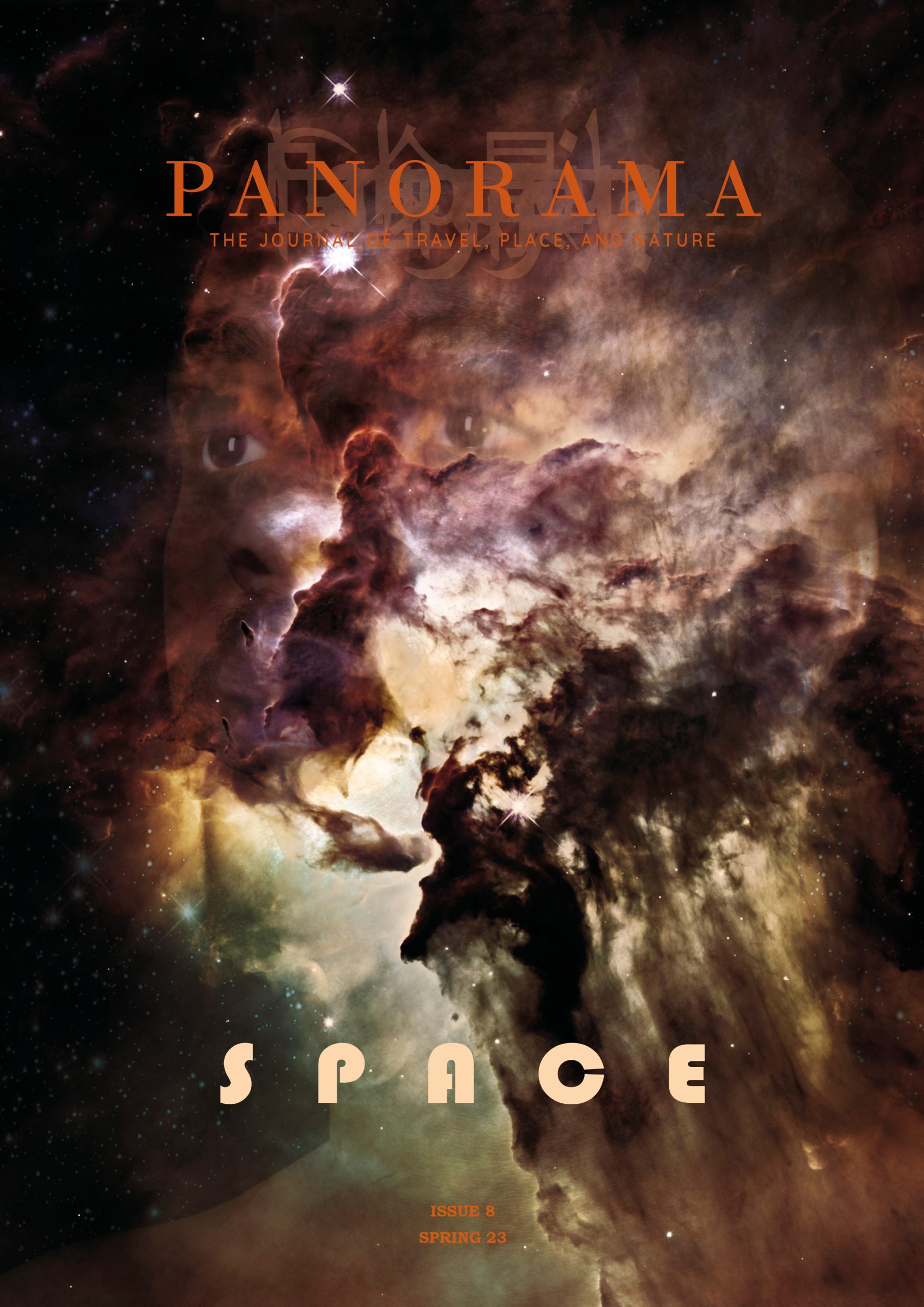Infinity. Can’t be drawn. Can’t be said. Can’t be imagined. Couldn’t be grasped even if you could blindly feel around its edges.
But it’s there. In the churnings of an unquiet mind. The ebb and flow of mammoth waves on an endless ocean. And we drown and drown and drown…
Cormac McCarthy’s The Passenger loads you onto a rubber dinghy and launches you on a turbulent journey across a dark and unknown body of water. Clinging on we crest wave after wave with two pilots at the rudder.
One seemingly connected to our world, the other a flicker, a fading idea consumed by mindless apparitions. One barely treading water, the other wanting nothing more than to sink into oblivion.
At first, the space between them seems vast, insurmountable. But inch by inch, McCarthy gradually shrinks it until we are faced with an awful, all too comprehensible all too reprehensible truth.
And then we can’t look away again. We’ve seen deep into the abyss, and it has us locked tight in its gluttonous, glutinous embrace.
Bobby Western is a salvage diver with a fear of drowning. A drowning he knows to be nigh on inevitable, given the unbearable secrets weighing him down. His carefully unplanned life is further thrown into chaos when he unknowingly becomes entangled in a government cover-up.
The other equally tragic presence in the book is female and fierce and as fatale as they come. She appears sometimes like gentle waves breaking and retreating on the shore, sometimes like a squall smashing the beach with great foamy fists. She’s like a drop in the ocean, invisible and untraceable, yet the one and only constant in Bobby Western’s life.
We ache for him. We ache for her. For the enormity of their suffering. We ache because we know their boat was taking in water the moment they pushed off from the pier. They were always going to sink.
Their friends, both real and imagined, can only watch it unfold. No one’s jumping in to save them. They must be left to their fate. And no one knows this more than they themselves.
McCarthy’s mastery is absolute. He weaves together the glib sweary whirlpools of one troubled mind to the haltingly poetic fumblings of another.
Awkward family reunions segue into feverish reminiscences of conspiracy theories, past and present. Heartfelt exchanges between friends uncover heartbreak after heartbreak. Fantasy and truth coexist in a strange quotidian world, as insanity sloshes around them stirring everything into a murky mess.
And then the tide pulls out exposing what lies beneath. The living and the dead. The banal and the monstrous. The vulnerable and the threatening. The blatant and the unthinkable.
And we look out over the sides of the boat, queasy and disoriented, willing the brine to come back and cover it all up again.
As Western’s world unravels, reality blurs with a sickly imagination, the present with fuzzy-edged memories until neither he – nor we – are quite sure where anything is headed. McCarthy’s narrative unspools further and further from the boat and the ocean expands to fill every inch of the horizon. Western floats in endless emptiness, knowing all too well there’s no possibility he’ll ever reach a safe harbour.
And instead of reeling him – and us – back in, the author picks apart our threadbare safety net and lets us freefall into the darkest recesses of our own desires.
The Passenger is a love letter, a confession and a suicide note. A message in a bottle that ought never to reach shore. The ending, when it finally arrives, is anything but merciful. Like the water that seeps into a hole dug in the sand, it is unstoppable and infuriating but ultimately it occupies its rightful space.
All we can do is watch in desolation, shaken to the core by its terrible painful beauty. Ultimately hoping we have the space within us to harbour its haunting tale.










